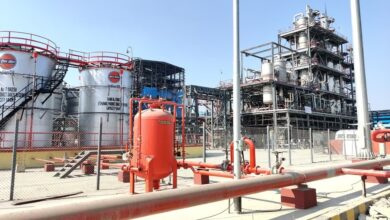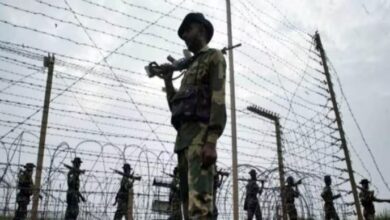The high prevalence of CKD in AP is concerning
Every year on the second Thursday of March, the world observes World Kidney Day. This year, the focus is on the alarmingly high rate of Chronic Kidney Disease (CKD) in Andhra Pradesh, especially in high-risk areas like Uddanam in Srikakulam.

In India, one in five men and one in four women over 65 have been diagnosed with chronic kidney disease (CKD), with more than one lakh cases recorded annually. In India, one in five men and one in four women over 65 have been diagnosed with chronic kidney disease (CKD), with more than one lakh cases recorded annually. A research that was released in October 2020 brought to light the startling fact that 32.2% of people in the Uddanam region alone suffer from CKD.
Concerns are raised by this discovery, particularly in light of the possible occupational hazards that farmers may be experiencing that are fueling the pandemic. The Uddanam region, which has been suffering from this health issue for decades, was the study’s primary focus. However, it neglected to address other impacted areas, such as G Konduru in Krishna district and Kanigiri constituency in Prakasam district, which together make up Andhra Pradesh’s hotspots for chronic kidney disease. The prevalence of chronic kidney disease (CKD) has highlighted the need for increased funding for extensive longitudinal epidemiologic research studies in order to identify the underlying causes of this health catastrophe and put in place efficient therapies to lessen its effects.
To shed light on the matter, Dr. DLP Sai Kumar, a consultant nephrologist in Guntur, said that kidney biopsies and systematic surveys carried out on Uddanam patients at King George Hospital (KGH) in Visakhapatnam in the late 1990s resulted in the diagnosis of chronic kidney disease (CKD). He emphasized the area’s high rate of chronic kidney disease (CKD), which affects 18.5% of people and, according to another research, has unknown etiology in 75% of instances. The expert said, “The precise cause of chronic kidney disease (CKD) remains elusive, despite investigations into factors like high silica levels in water.” This is despite concerns of heavy metal or pesticide contamination of food or water. The State administration has taken aggressive steps to address this urgent issue.
The establishment of a nephrology department and kidney research center in Uddanam is a major stride in meeting the local population’s healthcare demands. It is anticipated that the establishment of Nephrology and Neurology Departments at 11 government hospitals around the State would provide vital medical care to those suffering from illnesses connected to the kidneys. Meanwhile, Dr. Ramesh Yelanati, a consultant nephrologist in Vijayawada, noted that in addition to socioeconomic issues and gaps in policy, patient-related issues like postponing seeking care and clinician-related difficulties like doctors’ lack of knowledge about chronic kidney disease (CKD) worsen the obstacles to the best possible kidney care.
In addition, he stated, “Raising awareness among physicians and patients about CKD and its risk factors is paramount.” He further noted that “poor socioeconomic status, for instance, can limit access to nutritious foods and essential treatments, while fragmented nephrology care and the absence of renal registries hamper disease management efforts.” Ensuring the quality and cost of the treatments that are accessible is equally crucial.







